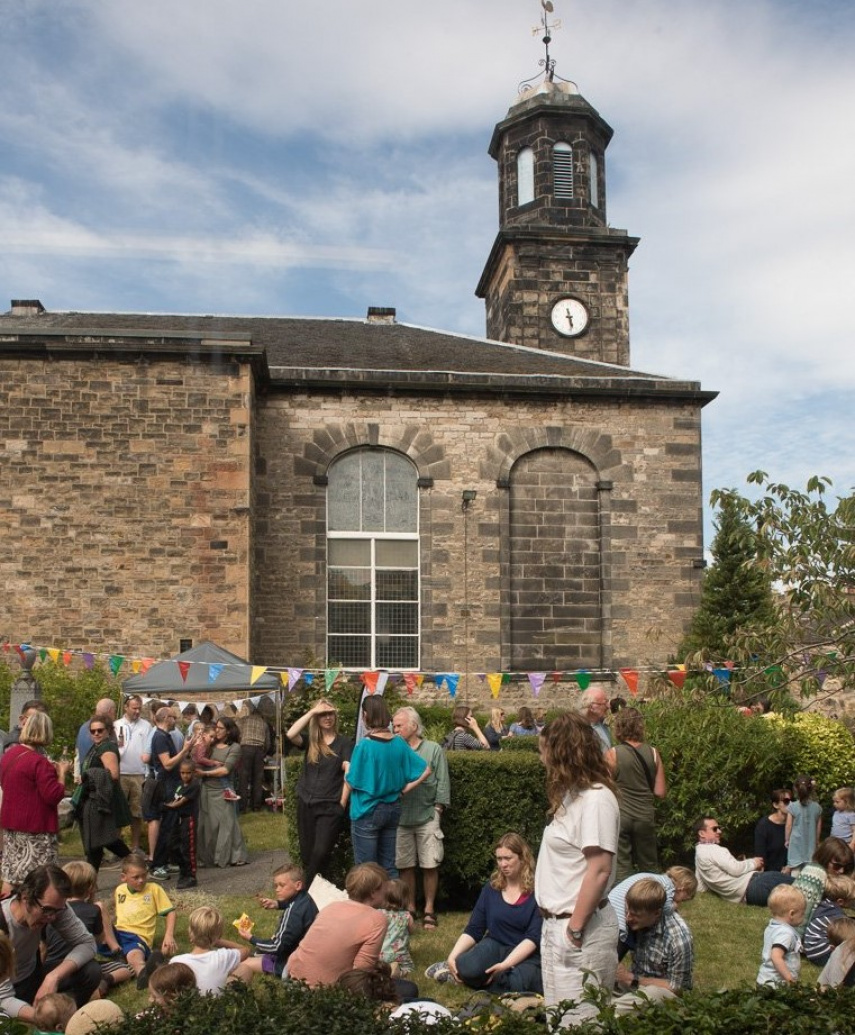New protocols launched on land ownership in Scotland
Two new protocols published today by the Scottish Land Commission will help to give communities a greater stake in how land is owned and used in Scotland to help create inclusive and resilient local economies.
Designed to ensure that the way land is owned, managed and used benefits everyone in Scotland, the protocols set out expectations on landowners to assess use and ownership of their landholdings as part of their normal business and to work together with communities to explore negotiated transfer, lease and management of land and buildings to meet the community’s needs.
The protocols are the latest in a series produced by the Land Commission to encourage practical implementation of Scottish Government’s Land Rights and Responsibilities Statement (LRRS).
The first of the two new protocols sets out how landowners can help achieve a more diverse pattern of land ownership and tenure. The protocol suggests landowners have an important part to play in promoting greater economic development and social wellbeing by helping to change the pattern of ownership and tenure of land.
Availability of a wider and more diverse range of land and buildings allows businesses, organisations, individuals and communities to pursue projects of all scales and purposes including supporting sustainable local economic development, providing spaces for social and amenity activities and improving access to green spaces.
Notably, a wider range of choices and opportunities, from housing to business space, can help retain young and working age residents, helping local communities and economies to flourish.
For landowners, diversifying land holdings can help vary their asset base and generate funds to reinvest elsewhere, improve relationships with communities, or open up new joint opportunities.
The second of these two protocols encourages landowners to take steps to facilitate greater community ownership, lease and use of land, supporting local people to meet community needs and to use land and buildings to provide housing, business opportunities, community facilities and greenspace to enhance their wellbeing.
Although there are different routes communities can take to secure ownership or management of land, including legislative routes and Asset Transfer, the main focus of this protocol is voluntary negotiated transfer which takes place out with any legislative framework.
Both protocols aim to ensure that legitimate interests are taken into account in a reasonable and fair way and promote working together in a spirit of mutual respect and understanding.
Speaking about the new Protocols, Land Commissioner Sally Reynolds said:
“More diversity of land ownership is likely to unlock more innovation, economic activity and opportunities for communities, businesses and individuals. Owners and managers of land in Scotland have an important role to play in releasing these opportunities in the course of normal business, not only through statutory measures.
“These protocols help set out clear expectations for regularly reviewing opportunities to sell, lease or make available land for other productive purposes, and engaging proactively where community ownership is an option.
“While community ownership may not always be appropriate in every case, owning, or leasing land and buildings can give communities a much stronger voice in decisions made about priorities, at a local level.”
When social, environmental and economic factors are all considered, wider and more varied availability of land and buildings undoubtedly helps individuals and communities to pursue ventures and projects of all types and purposes. This, in turn, helps to build more vibrant and resilient local economies.
“Land is Scotland’s biggest asset, so it right that it should be owned, managed and used in a fair way that benefits everyone.”
The Commission is keen to hear about positive examples of good working relationships and welcomes information about successful collaboration between landowners and local communities to inform case studies. These case studies can help tell other land owners, managers and community organisations about good practice.
The Protocols will be kept under review by the Land Commissioners and the Good Practice Advisory Group to inform future recommendations that they will make to Scottish Government.
